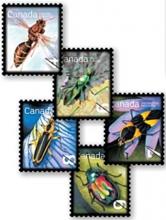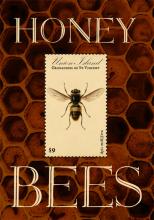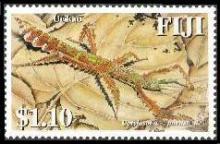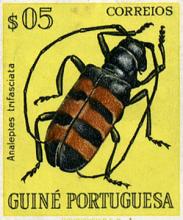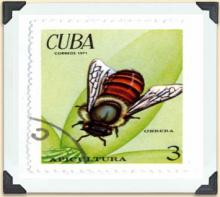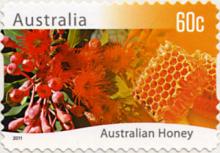Het rapport ‘Opera: Bee Health in Europe’ werd bijzonder sceptisch onthaald
Imkers in Europa lijken met niet minder dan een verbod op neonicotinoïden genoegen te nemen. Tijdens de conferentie ‘Bee Health in Europe’ lieten ze hun ongenoegen blijken over de analyse van de bijenproblematiek door het Italiaanse onderzoeksinstituut OPERA. “Opnieuw wordt ons verteld dat er met neonicotinoïden niets aan de hand is, maar zonder deze insecticiden zouden onze bijen beter bestand zijn tegen andere belagers.” Nadat enkele weken geleden zowel de EFSA als de EEA wezen op de gevaren van pesticiden op basis van neonicotinoiden, zwakte het ‘Opera’-rapport dat weer af. Dat de pesticidensector zelf heeft meegeschreven aan het ‘Opera’-rapport zat daar zeker voor iets tussen. Dat verschillende Europese Parlementsleden het rapport ontvingen in een enveloppe met daarop het logo van een pesticidenproducent zorgde voor nog meer negatieve perceptie. Het publiek van parlementsleden, afgevaardigden van de Europese commissie, ngo’s, de pesticiden-sector, adviseurs en imkers was bijzonder kritisch over de manier waarop in het ‘Opera’-rapport de link tussen het gebruik van neonicotinoiden en bijensterfte werd geminimaliseerd. Ook omdat de aangehaalde argumenten niet altijd steek hielden. Het klassieke argument dat in Zuid-Amerika dezelfde pesticiden gebruikt worden zonder dat er massale bijensterfte mee gepaard gaat, werd ter plaatse tegengesproken door een Chileense imker.


